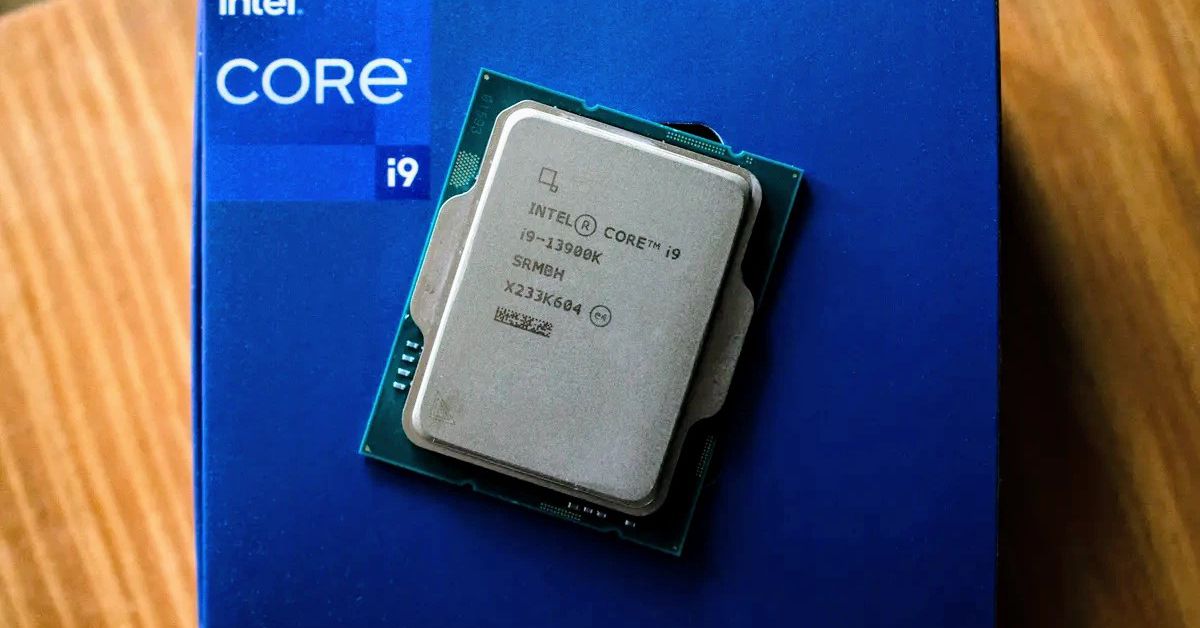How does this not devolve into a massive class-action? Like, it’s got to, right?
If Intel makes it right, it won’t.
There might be something for enterprise level with loss-of-revenue or something.
But if the microcode patches fix the issue, and they replace any already-damaged CPUs, then it’s clear Intel is doing what they can to fix it.
Lawsuits aren’t for mistakes that get “made good”, unless it’s a contract breachFrom what I’m hearing, they’re not planning on making it right.
Glad I chose an AMD setup for my last overhaul. Sympathies for those affected or left to completely redo their rigs to avoid intel.
Literally just paid for the final part for my LGA1700 rig… saved up for months. Fuck this shit.
I’m running my i5 13600h until the computer can’t turn on anymore. I’m not made of fucking money.
Best of luck to ya.
We’ll see if it lasts a couple months I guess.
Hopefully the microcode patches fix the issue before it has done any damage for you. Or if the issue has already done damage, hopefully you get a replacement
Microcode patch doesn’t fix the oxidation problem that they all inherently have. I’ll be lucky if the the cpu lasts a couple months of minimal use.
My understanding was that the microcode was causing too much power draw which caused the oxidation.
Tbh, I’ve read/heard lots of speculation, and I don’t exactly trust Intel to be telling the entire truth.
My understanding is that there are two issues. Manufacturing defects cause the copper to oxidize, and the processors themselves request more voltage than required or needed, causing excess oxidation damage. Intel said they cleared up the manufacturing defect issue sometime around October 2023
No offense, but Intel has been shit for a decade. Far too much power draw for marginal gains. Their whole schtick is terrible for the planet and comically anti-innovation. Why would anyone have an Intel processor? It’s totally irrational.
which means if you’re impacted after a ton of paperwork and emails you’ll get a check for $200 6 years from now to make up for the fact that your $650 processor was a lemon. justice served!
Sadly, this is the way. Good to see Intel giving AMD leg-up in the market though. Accidental MVPs are always interesting to see.




